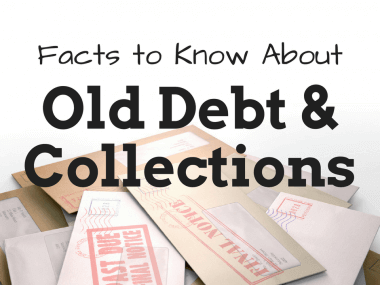
If your debt is forgiven or discharged for less than the full amount you owe, the debt is considered canceled in the amount that you don’t have to pay. The law provides several exceptions, however, in which the amount you don’t have to pay isn’t canceled debt. These exceptions will be discussed later. Cancellation of debt may occur if the creditor can’t collect, or gives up on collecting, the amount you’re obligated to pay. If you own property subject to a debt, cancellation of the debt also may occur because of a foreclosure, a repossession, a voluntary transfer of the property to the lender, abandonment of the property, or a mortgage modification.
In general, if you have cancellation of debt income because your debt is canceled, forgiven, or discharged for less than the amount you must pay, the amount of the canceled debt is taxable and you must report the canceled debt on your tax return for the year the cancellation occurs. The canceled debt isn’t taxable, however, if the law specifically allows you to exclude it from gross income. These specific exclusions will be discussed later.
After a debt is canceled, the creditor may send you a Form 1099-C, Cancellation of Debt (PDF) showing the amount of cancellation of debt and the date of cancellation, among other things. If you received a Form 1099-C showing incorrect information, contact the creditor to make corrections. For example, if the creditor is continuing to try to collect the debt after sending you a Form 1099-C, the creditor may not have canceled the debt and, as a result, you may not have income from a canceled debt. You should verify with the creditor your specific situation. Your responsibility to report the taxable amount of canceled debt as income on your tax return for the year when the cancellation occurs doesn’t change whether or not you receive a correct Form 1099-C.
Amounts that meet the requirements for any of the following exceptions aren’t cancellation of debt income.
EXCEPTIONS to Cancellation of Debt Income:
- Amounts canceled as gifts, bequests, devises, or inheritances
- Certain qualified student loans canceled under the loan provisions that the loans would be canceled if you work for a certain period of time in certain professions for a broad class of employers
- Certain other education loan repayment or loan forgiveness programs to help provide health services in certain areas.
- Amounts of canceled debt that would be deductible if you, as a cash basis taxpayer, paid it
- A qualified purchase price reduction is given by the seller of a property to the buyer
- Any Pay-for-Performance Success Payments that reduce the principal balance of your home mortgage under the Home Affordable Modification Program
- Amounts from student loans discharged on the account of death or total and permanent disability of the
- Amounts that meet the requirements for any of the following exclusions aren’t included in income, even though they are cancellation of debt income.
EXCLUSIONS from Gross Income:
- Debt canceled in a Title 11 bankruptcy case
- Debt canceled to the extent insolvent
- Cancellation of qualified farm indebtedness
- Cancellation of qualified real property business indebtedness
- Cancellation of qualified principal residence indebtedness that is discharged subject to an arrangement that is entered into and evidenced in writing before January 1, 2021
